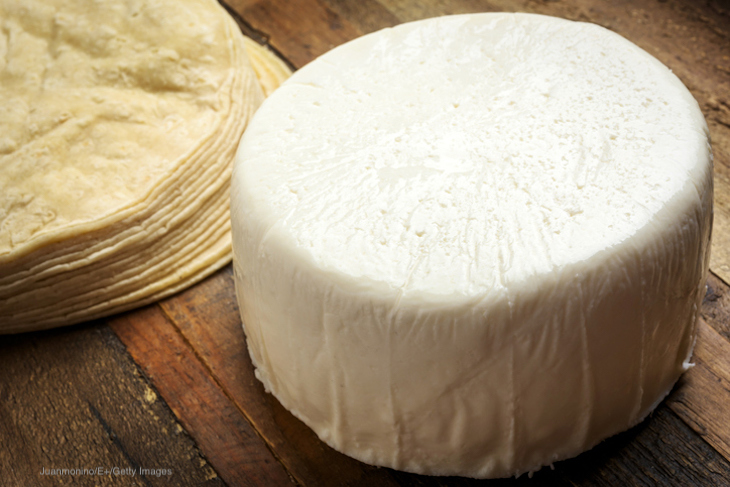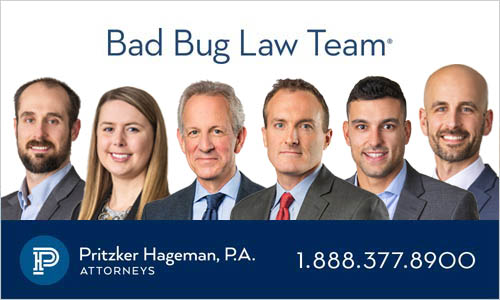With the news that the CDC and FDA have launched an investigation into a possible Hispanic-style soft cheese listeriosis outbreak late last week, the history of soft cheese linked Listeria monocytogenes outbreaks comes into focus. Seven people in four states are sick, including Maryland, Connecticut, New York, and Virginia. This is not the first time a deadly outbreak has been linked to those types of soft and fresh cheeses.

These types of cheeses have long been a risk for Listeria monocytogenes contamination, according to the CDC. The issue is that many of these soft and fresh cheeses are made with unpasteurized milk. The government estimates that “the risk for listeriosis per serving is estimated to be 50- to 160-fold greater for cheese made from unpasteurized milk than pasteurized milk.”
And while soft cheeses made with pasteurized milk are generally safer, they can be contaminated after they are made by insanitary handling and conditions. In addition, any deli product is a risk for listeriosis infection because of the constant handling, the equipment used to divide and cut it that can be difficult to clean, and the moist environment.
History of Soft Cheese Linked Listeria Monocytogenes Outbreaks in the U.S.
In 2017, a deadly outbreak was linked to soft cheeses that were produced at Vulto Creamery in New York. Eight people in four states were sickened. Two people died. There was a positive Listeria test conducted on a retail sample of Ouleout cheese by the FDA. Eventually, all of Vulto’s products then on the market were recalled.
In 2015, another deadly listeriosis outbreak was linked to soft cheeses produced by Karoun Dairies of San Fernando, California. Thirty people from 10 states were sickened, and three people died. Twenty-eight of those patients were hospitalized. The FDA isolated Listeria monocytogenes from two environmental samples taken from the Central Valley Cheese facility in Turlock, California. That company made cheese for Karoun Dairies at the time.
In 2014, a deadly Listeria outbreak was linked to Oasis Brands Hispanic-style soft cheese. Five people in four states were sickened, and one death was reported in Tennessee. One infant was born with listeriosis. Three listeriosis illnesses were related to a pregnancy. Listeria monocytogenes bacteria was isolated from quesito casero and cuajada en hoja cheeses produced by the firm.
And in 2013, a deadly Listeria monocytogenes outbreak was linked to Crave Brothers soft-ripened cheese. Six people were sickened. One miscarriage was linked to the cheese. And one person died. Testing by the Minnesota Department of Agriculture identified the outbreak strain of Listeria in two cheese wedges that were purchased from different grocery stores in Minnesota.
The government and food safety experts suggest that anyone who is in a high risk group for complications from listeriosis avoid soft and fresh cheeses because of the risk of contamination. Those groups include the elderly, pregnant women, and anyone who has a chronic illness such as diabetes or has a compromised immune system.
The brand of soft cheese has not yet been identified in the current outbreak. So the CDC is telling everyone to avoid soft and fresh Hispanic-style cheeses until more is known about this outbreak.
Meanwhile, if you or anyone you know has been suffering from the symptoms of listeriosis, see your doctor. You may be part of this outbreak. Symptoms include a high fever, stiff neck, severe headache, muscle aches, nausea, and diarrhea. Pregnant women may only feel mildly ill, but this infection can cause stillbirth and miscarriage.

If you or a loved one have been sickened with a Listeria monocytogenes infection after eating Hispanic-style soft or fresh cheese, please contact our experienced attorneys for help at 1-888-377-8900 or 612-338-0202.




